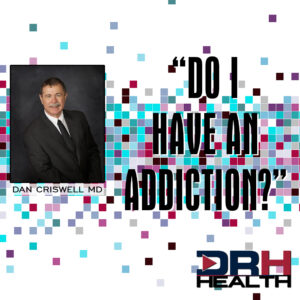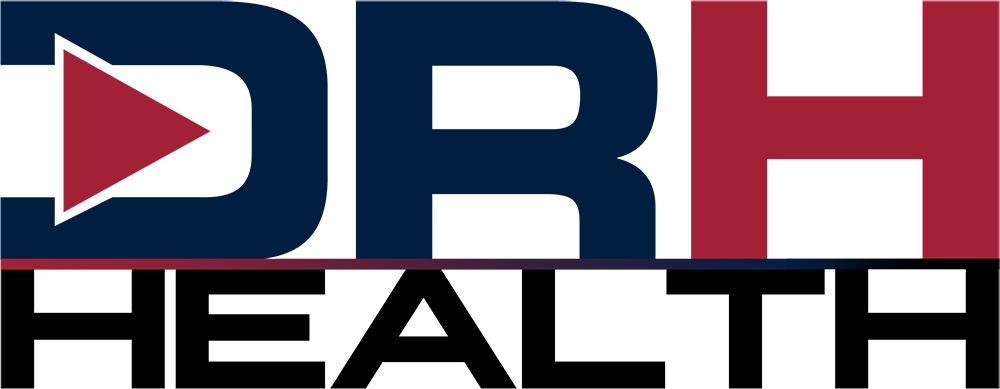Do I have an Addiction?
Our minds and our brains are one and the same. But the brain is where the mind lives and neurochemicals interact between the brain and the mind in every activity of our life. And though it may be hard to understand, when someone becomes addicted to a substance, that substance literally “takes over” or “hijacks” a very tiny but very significant portion of the brain – that portion that mediates reward/pleasure. We all have experienced what we would call happy/joyful/contented/pleasurable feelings. For example, after eating a really good meal, or having accomplished a significant goal or after “good sex”. Now – take that feeling and multiply it by 100 (for some drugs like methamphetamine or cocaine multiply by 1000). That is a very strong incentive to reuse that substance. And then right next door to that area of the brain that controls reward is that area of the brain where emotions and will power are modulated. Those substances typically decrease the will power and enhance the pleasurable emotional aspects of the brain. Eventually there are actually short-cut circuits that bypass the portion of the brain where logical thoughts are. And for many of these substances (like alcohol, opioids, nicotine and to a lesser extent benzodiazepines) there is an adjoining area of the brain that controls the response that happens with those substances are not present producing withdrawal. These drugs become very cruel taskmasters causing people to do things they never would do when in recovery. 
So perhaps the best definition of addiction is when a substance or activity literally causes someone to behave in such a way they do things against their will and cannot stop doing those things or taking that substance without having severe discomfort. There are tools we use to help diagnose addiction and one of those tools is included on the website (the self-administered substance abuse test).
It can be very hard to admit there is a problem. But the first step in recovery is being honest with oneself. And the next step is admitting there is a problem and reaching out for help. The DRH Health Behavioral and Addiction Health clinic is here to help anyone who is caught in the throes of addiction. We provide comprehensive outpatient treatment that addresses those elements that have been disordered due to addiction. If you or someone you love is willing to accept treatment, we are here to provide.
